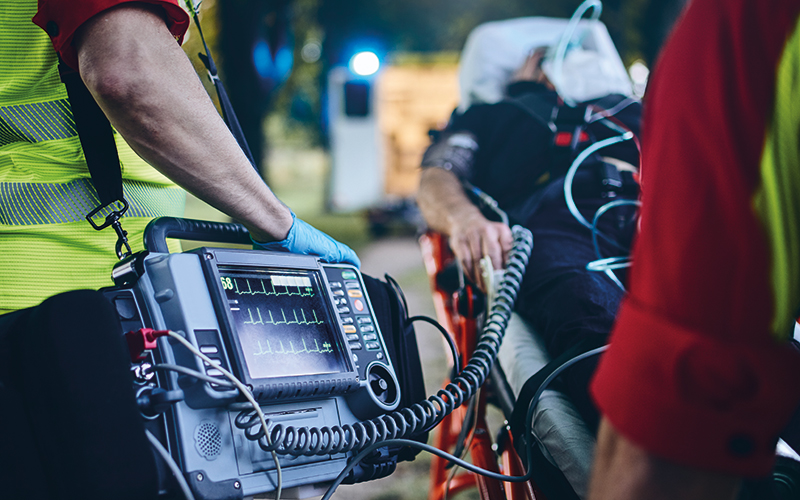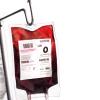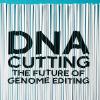A quick and cheap blood test could help doctors to spot people at high risk of death following a suspected heart attack, according to research.

The largest study of its kind found that measuring levels of high sensitivity C-reactive protein (CRP) in the blood of people after a heart attack can better identify if they are at risk of dying in the next three years.
The blood test – already used in hospitals to diagnose other conditions – could be used to streamline how patients are treated following a suspected heart attack. Those identified as at high risk of death could be given more aggressive treatment and monitored more closely, while those identified as low risk could be given reassurance and sent home.
The team used data from over 250,000 patients who were admitted to hospital with a suspected heart attack. Normally the level of CRP in the blood is 2 mg/L or under, but they found a mildly raised measurement of 10-15 mg/L CRP in those with a positive troponin test predicted a greater than 35 per cent chance of death three years later.
This discovery also opens the door to targeted treatment for patients who have life-threatening inflammation, as indicated by a slightly raised CRP.
Image credit | iStock




